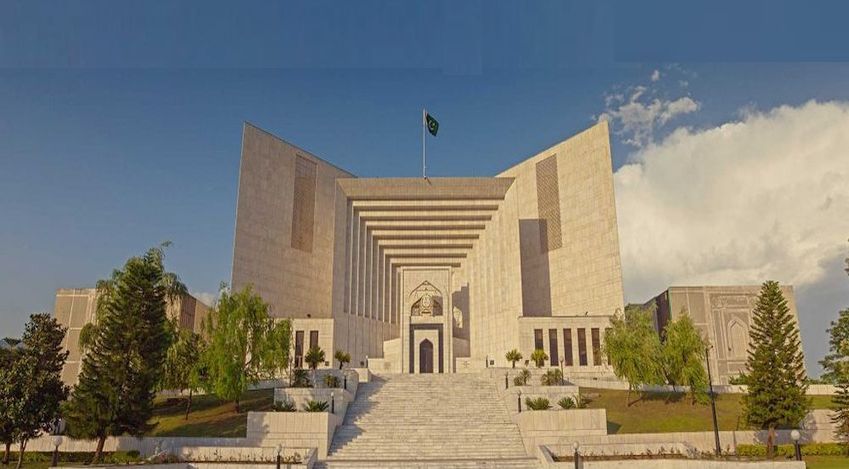Supreme Court of Pakistan Orders Strict Compliance with Environmental Laws in Margalla Hills National Park Case
Islamabad 21-08-2024: In a significant ruling, the Supreme Court of Pakistan has reinforced its commitment to the protection of the Margalla Hills National Park, emphasizing the need for strict adherence to environmental laws and judicial orders. The case, involving Criminal Original Petitions No. 19 and 20 of 2024, centered on the illegal operation of restaurants within the protected park area and the removal of the Chairperson of the Islamabad Wildlife Management Board (IWMB).
The judgment, delivered by a bench led by Mr. Chief Justice Qazi Faez Isa, addressed multiple issues related to the management and preservation of the National Park. The Court expressed concern over the treatment of Ms. Rina Saeed Khan, the Chairperson of the IWMB, who was removed from her position despite her voluntary efforts to conserve the National Park. The removal, which was linked to an ongoing legal battle involving a prominent restaurant in the park, was reversed following the Court's intervention.
1. Withdrawal of Notification: The Court was informed by the Attorney-General that the notification removing Ms. Khan had been withdrawn, and she was reinstated as the Chairperson of the IWMB. The Court criticized the contrasting treatment of conservationists versus those responsible for environmental degradation.
2. Violation of Supreme Court Orders: The judgment highlighted the willful breach of Supreme Court orders by Mr. Luqman Ali Afzal, who had previously agreed to vacate his illegal restaurant in the park. Instead, he launched a media campaign against the Court, blaming it for the economic impact on his business. The Court has issued a show cause notice for contempt proceedings against him.
3. Judicial Scrutiny of Executive Actions: The Court scrutinized the executive actions related to the transfer of the Wildlife Board from the Ministry of Climate Change to the Ministry of Interior. The transfer, which was done without following proper procedures, was reversed. The Court emphasized that such decisions must serve the public interest and comply with the Rules of Business, 1973.
4. Environmental Protection as a Judicial Priority: The ruling reinforced the judiciary's commitment to protecting the Margalla Hills National Park. The Court ordered the Capital Development Authority (CDA) to ensure compliance with its previous orders, which included the removal of illegal constructions within the park.
5. Accountability of Public Officials: The Court questioned the role of senior government officials, including the Cabinet Secretary, in the improper handling of the Wildlife Board's transfer. The judgment called for accountability and transparency in such decisions.
6. Enforcement of Environmental Laws: The Court directed that any development projects within the Margalla Hills, including Pine City and Dinosaur/Dino Valley, must be properly authorized and comply with environmental regulations. Notices were issued to the Government of Khyber Pakhtunkhwa to provide detailed information about these projects.
The ruling also addressed the legal status of the Islamabad Nature Conservation and Wildlife Management Act, 2023, seeking clarification on whether the act had received presidential assent and was officially enacted.
This landmark decision underscores the Supreme Court's active role in environmental protection and its commitment to holding public officials accountable for their actions. The judgment serves as a stern reminder that violations of environmental laws and judicial orders will not be tolerated, and that the rule of law must prevail in the management and preservation of Pakistan's natural heritage.
The case will continue to be monitored by the Court, with further submissions required from the relevant authorities to ensure full compliance with the Court's directives.
Powered by Froala Editor








